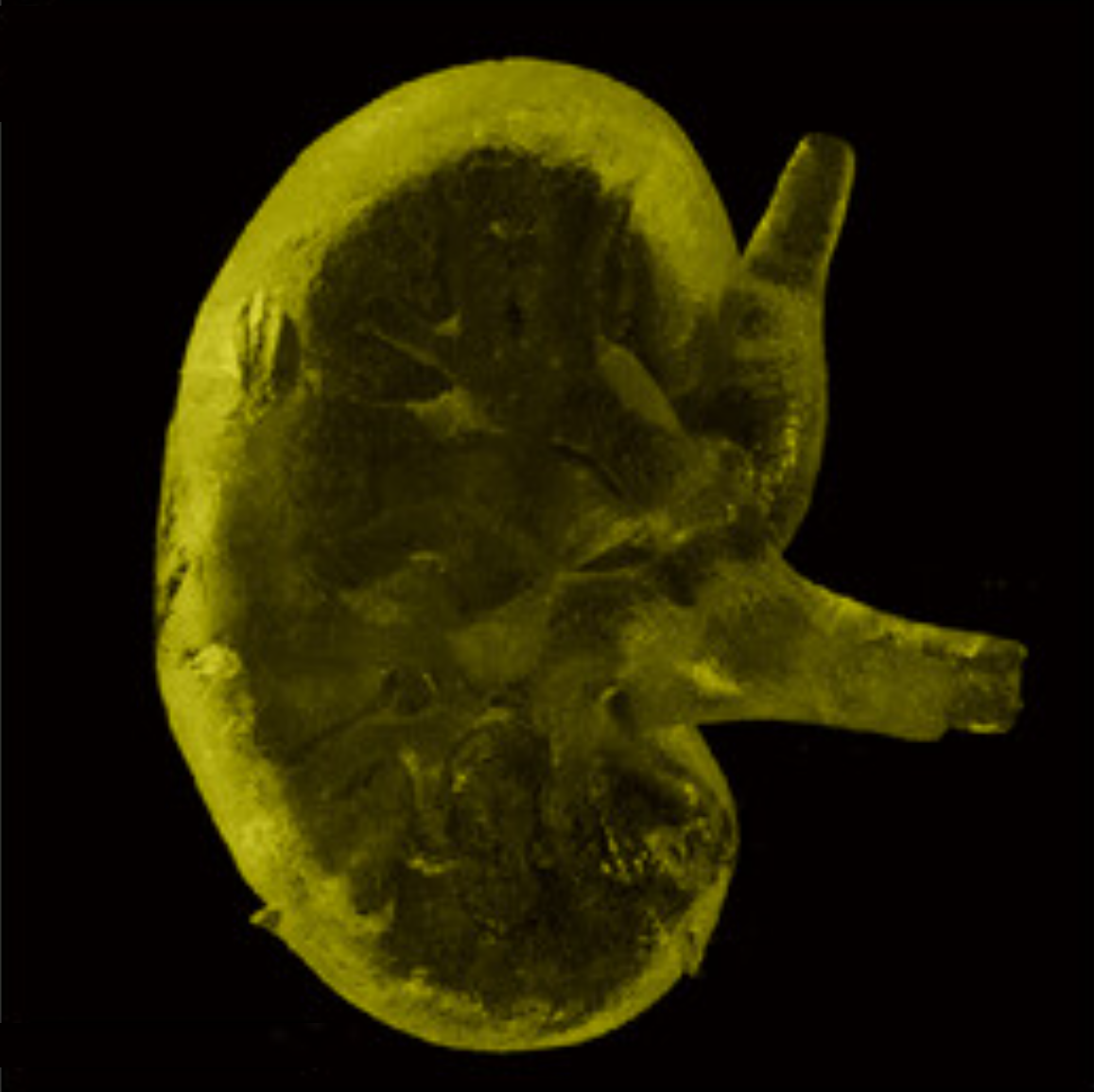Eating fewer ultra-processed foods greatly reduces Type 2 diabetes risk
Eating ultra-processed foods increases type 2 diabetes risk, but swapping them for less processed options can reduce this risk.

Eating ultra-processed foods (UPF) significantly increases the risk of developing type 2 diabetes. (CREDIT: Getty Images)
A recent study conducted by researchers from University College London (UCL) has found that eating ultra-processed foods (UPF) significantly increases the risk of developing type 2 diabetes. However, this risk can be lowered by replacing UPF with less processed foods.
The study, published in The Lancet Regional Health – Europe, analyzed data from over 311,000 people across eight European countries over an average period of 10.9 years, during which 14,236 individuals developed type 2 diabetes. It builds on growing evidence linking the consumption of highly processed foods with various chronic health conditions, including obesity, heart disease, and certain cancers.
The research team examined how the degree of food processing affects diabetes risk and identified specific types of UPF that present the greatest danger. Among these, savory snacks, processed meats, ready meals, and sweetened beverages were highlighted as contributing the most to the increased risk. The study reinforces the importance of focusing on dietary changes, particularly reducing UPF intake, to improve health outcomes.
Ultra-processed foods are defined using the Nova classification, a system that categorizes food based on how much processing they undergo. This framework breaks food down into four main groups: unprocessed or minimally processed foods (MPF) like fruits, eggs, and milk; processed culinary ingredients (PCI) such as oils, salt, and butter; processed foods (PF) like canned vegetables and cheese; and ultra-processed foods like ready-to-eat meals, packaged snacks, and sugary drinks.
Related Stories
The nine subgroups were:
- Breads, biscuits and breakfast cereals
- Sauces, spreads, and condiments
- Sweets and desserts
- Savoury snacks
- Plant-based alternatives
- Animal-based products
- Ready-to-eat/heat mixed dishes
- Artificially and sugar-sweetened beverages
- Alcoholic drinks
- Other ultra-processed foods
The researchers found that every 10% increase in UPF consumption was linked to a 17% rise in the risk of developing type 2 diabetes. However, the findings offer some good news: by substituting ultra-processed foods with less processed options, such as minimally processed foods or processed culinary ingredients, this risk can be reduced.
For example, replacing 10% of UPF with minimally processed foods resulted in a 14% decrease in diabetes risk. Similarly, substituting 10% of UPF with processed foods like artisanal bread, cheese, and preserved fruits reduced diabetes risk by 18%.
Lead author Samuel Dicken from UCL's Division of Medicine emphasized the significance of these findings. He noted, “We know that ultra-processed foods are associated with a higher risk of certain diseases such as type 2 diabetes. As expected, our findings confirm this link and show that every 10% increase in the diet from UPF increases the risk of developing type 2 diabetes considerably.”
What sets this study apart from previous research is its in-depth examination of the different food processing groups and how replacing UPF with less processed foods impacts diabetes risk. Dicken explained, “Most studies to date only consider UPF as a whole, but we also suspect that there may be different risks associated with different types of UPF, and the risks of other processing groups have not been well researched.”
The study's authors conducted additional analysis to determine how specific subgroups of UPF, such as savoury snacks or sugary beverages, contribute to the likelihood of developing type 2 diabetes. Savoury snacks, processed meats, and sweetened beverages were found to be the most harmful, accounting for significant increases in diabetes risk among the highest consumers of these foods.
In the top 25% of participants who consumed the most UPF, ultra-processed foods made up over 23% of their total diet. Of that, sweetened beverages accounted for nearly 40% of their UPF intake and 9% of their total diet.
However, not all ultra-processed foods carry the same risks. Some, such as UPF breads, breakfast cereals, and plant-based alternatives, were linked to a lower incidence of type 2 diabetes.
Professor Rachel Batterham, a senior author from UCL’s Division of Medicine, pointed out the importance of distinguishing between different types of UPF. “Breads and cereals, for example, are a staple of many people’s diets. Based on our results, I think we should treat them differently to savoury snacks or sugary drinks in terms of the dietary advice we provide,” she said.
The exact mechanisms behind the link between UPF and diabetes are still not fully understood. Several factors, including overconsumption and weight gain, are believed to play a role. Previous studies have shown that increased body fat accounts for approximately half of the association between UPF and diabetes risk. The current research builds on these findings, further reinforcing the need to minimize UPF intake to reduce the likelihood of developing chronic diseases.
The observational nature of this study means that while associations can be measured, it cannot definitively prove that ultra-processed foods cause type 2 diabetes. Nonetheless, the researchers are conducting further studies to explore the impact of different dietary patterns on health.
A trial currently underway is comparing the effects of diets rich in ultra-processed foods against those with minimally processed foods that adhere to healthy eating guidelines. The results are expected to be published in 2025, and they will provide more clarity on the role of food processing in the development of chronic conditions.
The study’s findings align with those of other major scientific reviews. For instance, in 2023, the UK Scientific Advisory Committee on Nutrition (SACN) published a report highlighting the increased health risks associated with processed and ultra-processed foods. The report linked high UPF consumption with obesity, type 2 diabetes, depression, and other chronic diseases, calling for more research to better understand the underlying causes.
Professor Marc Gunter from Imperial College London, who also contributed to the study, emphasized the importance of continued research in this area. He explained, “The findings from this study add to the growing body of research that links consumption of UPF with higher risk of certain chronic diseases including obesity, cardiometabolic diseases, and some cancers. While such a study cannot determine causal relationships, it does suggest that reducing consumption of some UPF and replacing them with unprocessed, whole foods, might lower risk of type 2 diabetes. Further research to understand mechanisms and potential causal pathways is now needed.”
As concerns over the role of ultra-processed foods in public health continue to grow, the evidence from this study adds weight to calls for changes in dietary habits. The clear link between UPF consumption and type 2 diabetes risk underscores the importance of promoting healthier food choices.
While the full impact of UPF on health remains a topic of ongoing research, the current findings make a strong case for minimizing reliance on these foods and focusing on whole, less-processed alternatives.
Note: Materials provided above by The Brighter Side of News. Content may be edited for style and length.
Like these kind of feel good stories? Get The Brighter Side of News' newsletter.



